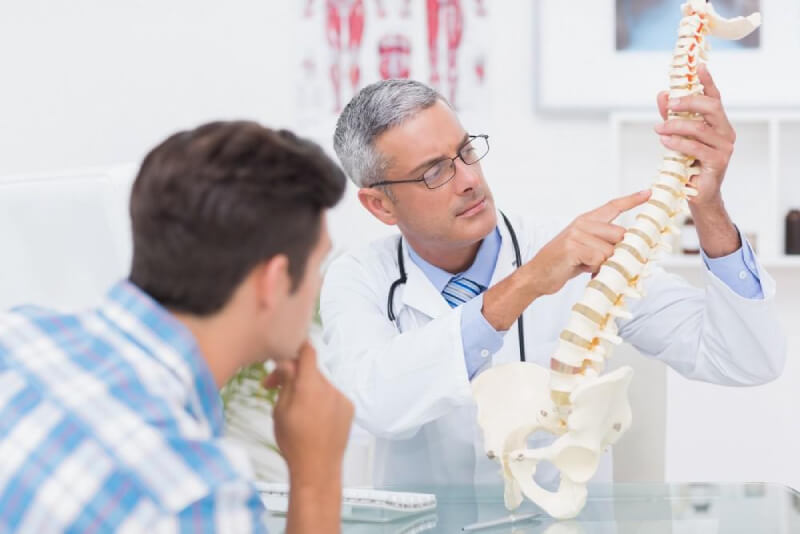How to Know if You Have Spinal Stenosis

Do you often experience back or neck pain that worsens when standing or walking? Spinal stenosis might be the reason. This common condition occurs when the spaces within your spine narrow, placing pressure on the nerves that travel through it.
At Spinal Diagnostics, our team specializes in diagnosing and treating spinal stenosis to help you find relief and restore your mobility.
Common Symptoms of Spinal Stenosis
The symptoms of spinal stenosis can vary depending on the location and severity of the condition. Common signs include:
- Back or neck pain that worsens with movement
- Numbness or tingling in the arms, hands, legs, or feet
- Muscle weakness or cramping
- Loss of balance or coordination
- Difficulty walking or standing for long periods
In more severe cases, spinal stenosis may even affect bladder or bowel control, which requires immediate medical attention.
What Causes Spinal Stenosis?
Spinal stenosis can be caused by a variety of issues, including:
- Herniated discs
- Bone spurs from osteoarthritis
- Thickened ligaments
- Spinal injuries
- Congenital spinal narrowing
Age-related degeneration is one of the most common contributors, especially in adults over 50.
How Is It Diagnosed?
Our team uses a combination of medical history, physical exams, and imaging tests to diagnose spinal stenosis. This may include:
- X-rays to check for bone changes or narrowing
- MRIs to identify soft tissue conditions like herniated discs
- CT scans for detailed cross-sectional images of the spine
Once we confirm the diagnosis, we develop a personalized treatment plan tailored to your needs and lifestyle.
Treatment Options
Spinal stenosis can often be managed without surgery. We may recommend a combination of the following:
- Physical therapy
- Anti-inflammatory medications
- Epidural steroid injections
- Minimally invasive procedures like the Vertiflex™ Spacer
When conservative treatments aren’t enough, surgical options may be considered to relieve nerve pressure and restore function.
If you think you may be suffering from spinal stenosis, don’t wait. Contact Spinal Diagnostics today to schedule a consultation and begin your journey toward pain relief.
